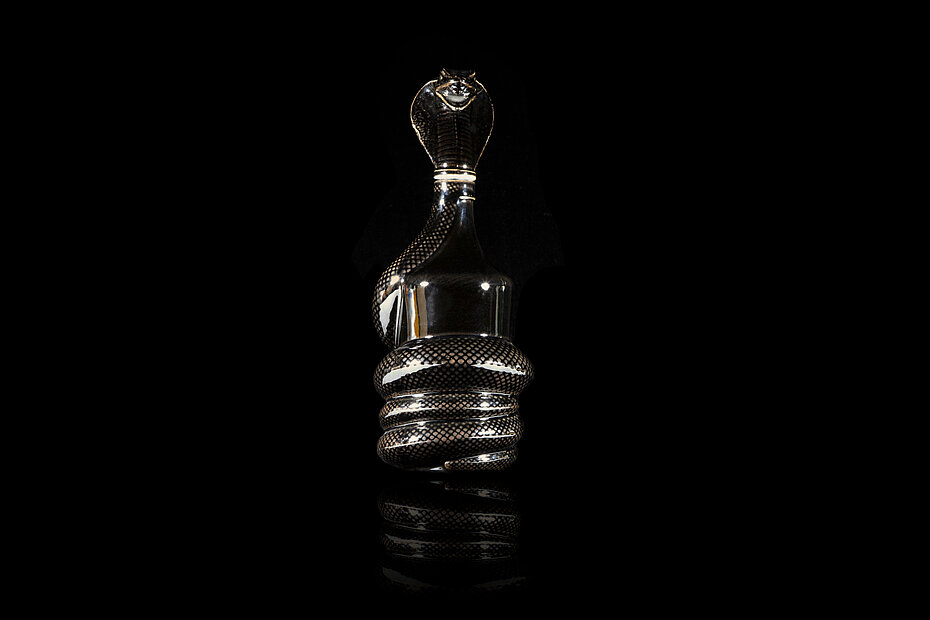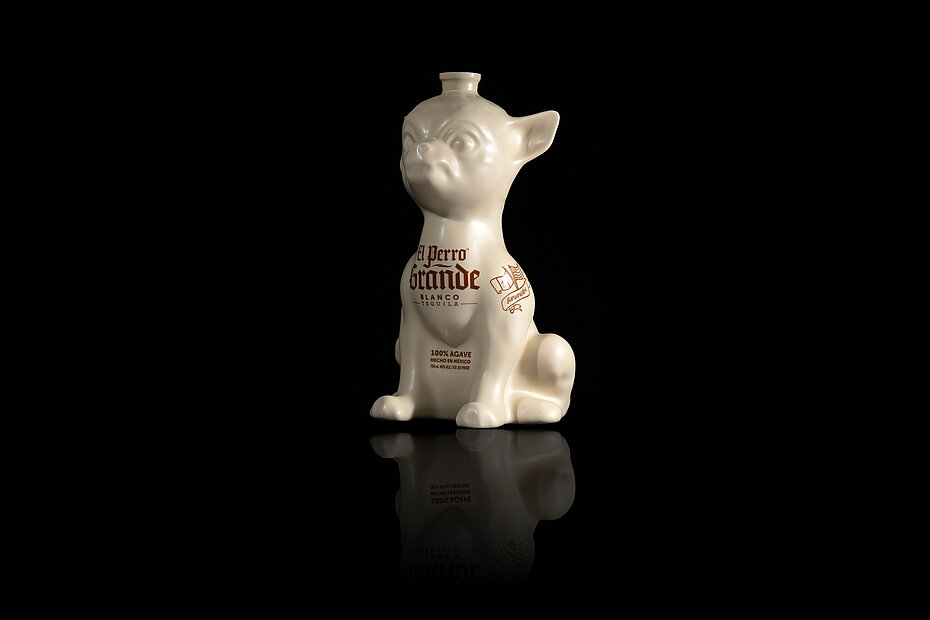Latest news and insights
Luxury ceramic bottles are safe vessels for spirits and liquors

As premium ceramic bottles are gaining momentum and filling isles with their exquisite bespoke designs, some consumers are asking the questions: “Are they safe for liquor?”, “Are they leak-proof?”, “Are they lead-free?”, “Are Made in China ceramic bottles safe?”. In short, the answers are yes, yes, yes, and yes.
Did you know that ceramic is one of the oldest human technologies? It has been around for thousands of years, serving dozens of different practical and decorative purposes. Just recently, 18,000-year-old pottery fragments were discovered in Hunan Province, China! We’ve all seen images of ancient ceramic vases, vessels, and carafes adorned with drawings and faded colors. Many are intact or only slightly chipped, making it safe to say that durability is one of ceramic’s strongest qualities. But what about its other properties, and how do they guarantee a safe space for our drinks? Here’s how:
Ceramic covers the pottery categories of earthenware, stoneware, bone china, and porcelain. The denser ceramics such as porcelain are very hard, wear-resistant, and opaque. They are resistant to temperature changes, making them optimal insulators. They are also unaffected by chemicals, and acidity, keeping them safe from corrosion. Manufacturing plants that create ceramic bottles for contact with consumable liquids such as spirits and liquors, must follow strict international guidelines. Adhesion to these guidelines leads to lead-free and toxic-free products. French-owned, China-based Rockwood Ceramics, is a world-renowned producer of premium ceramic bottles dedicated to using only porcelain-grade pottery and lead-free glazes. Strict quality regulations and limitless creative possibilities have led to famous spirit companies such as Diageo, Bacardi, and the Stoli Group using luxury ceramic bottles for bespoke limited editions or new premium spirit lines.

Ceramic bottles preserve the drink’s original properties
The characteristics of the stored liquid, such as taste, odor, color, and texture, are fully maintained within ceramic bottles. This is thanks to:
- The opaque properties of natural clay baked at extreme temperatures.
- Its density.
- The inertness of the material.
- High-quality glazing that seals the clay once fired.
Chemicals or gases are fully prevented from seeping into the bottle from the bottle’s exterior, while changes to the chemical composition of the spirit are prevented from taking place within the bottle. Nothing can leak in or leak out. Furthermore, porcelain-grade clay is baked at temperatures that are approximately 300°C greater than those used for most ceramics. This ensures minimal porosity and the highest possible density. As a result, porcelain-grade ceramic bottles are superior to earthenware or stoneware ceramic vessels.
Ceramic bottles are resistant to temperature changes
Ever seen a ceramic bottle melt or deform in the heat?! According to the American Ceramic Society, the unique properties of ceramic include low thermal and electrical conductivity, high chemical resistance, and a high melting point. This is why ceramic is used not only in vessels, utensils, and decorations but also in the tech industry fields such as electronics, optoelectronics, medical, energy, automotive, aerospace, and space exploration.
Temperature changes are a lot less abrupt on the liquid being stored in ceramic bottles than in glass. This makes ceramic bottles ideal for the protection of the spirit’s or beverage’s unique properties. Ceramic items can be put in an oven or heated in a microwave, without melting, softening, or breaking down like most plastics or “non-microwave-safe” glass would do. Note that as some ceramics may have different properties due to being treated with paint or coating which include materials other than ceramic, it is always a good idea to read the manufacturer’s instructions before heating.
Is lead in ceramics a thing of the past?
According to the Center for Environmental Health, “Before 1971, there were no limits on lead in dinnerware and ceramics, so vintage items from before then are very likely to have unsafe levels of lead. Starting in 1971, the US Food and Drug Administration (FDA) began to enforce limits on the amount of leachable lead in ceramics and tableware… Traditionally lead was used as a main ingredient in the paint and glaze for most ceramic dishware because it provides strength and gives the dishware a smooth, clear finish…” So, in other words, avoid storing food or liquids in vintage dishware from before the 1970s if you haven’t first tested the items for lead.
Luxury ceramic bottle manufacturing giants such as Rockwood Ceramics, use state-of-the-art facilities, modern kilns, and internationally recognized production processes for bottles of consumable liquids. Is there a risk? No. A “lead-free” and “toxic heavy metals-free” policy guarantees safe bespoke ceramic bottles for some of the biggest spirit-producing brands on the planet.
Bespoke ceramic bottles made in China are incredible value for money
When Chinese cost-efficiency in manufacturing meets European quality assurance throughout the entire conception and production process, the result is a win-win situation for spirit companies and the end consumer. After all, the Chinese are famous for their porcelain, first developed in China from kaolin clay around 600CE (approximately 1,500 years ago). The characteristics of kaolin clay set it apart from the more porous and less dense clay found in other ceramic-producing countries. This takes us back to the discussions surrounding the preservation of each liquor’s properties, and ceramic bottles as optimal insulators. The better the clay used, the more premium the end product.
If you are interested in discussing a future collaboration with Rockwood Ceramics, the first French-family-owned glass and ceramic bottle manufacturer in China, don’t hesitate to contact us for a free consultation.